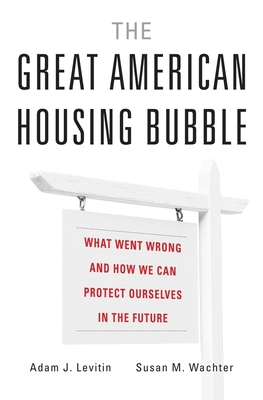Expedite your nonfiction book discovery process with Readara interviews, summaries and recommendations, Broaden your knowledge and gain insights from leading experts and scholars
In-depth, hour-long interviews with notable nonfiction authors, Gain new perspectives and ideas from the writer’s expertise and research, Valuable resource for readers and researchers
Optimize your book discovery process, Four-to eight-page summaries prepared by subject matter experts, Quickly review the book’s central messages and range of content
Books are handpicked covering a wide range of important categories and topics, Selected authors are subject experts, field professionals, or distinguished academics
Our editorial team includes books offering insights, unique views and researched-narratives in categories, Trade shows and book fairs, Book signings and in person author talks,Webinars and online events
Connect with editors and designers,Discover PR & marketing services providers, Source printers and related service providers

The Great American Housing Bubble: What Went Wrong and How We Can Protect Ourselves in the Future
Business & Economics > Economic History
- Harvard University Press
- Hardcover
- 9780674979659
- 9.3 X 6.4 X 1.5 inches
- 1.65 pounds
- Business & Economics > Economic History
- (Single Author) Asian American
- English
Readara.com
Book Description
The definitive account of the housing bubble that caused the Great Recession--and earned Wall Street fantastic profits.
The American housing bubble of the 2000s caused the worst global financial crisis since the Great Depression. In this definitive account, Adam Levitin and Susan Wachter pinpoint its source: the shift in mortgage financing from securitization by Fannie Mae and Freddie Mac to private-label securitization by Wall Street banks. This change set off a race to the bottom in mortgage underwriting standards, as banks competed in laxity to gain market share.
The Great American Housing Bubble tells the story of the transformation of mortgage lending from a dysfunctional, local affair, featuring short-term, interest-only bullet loans, to a robust, national market based around the thirty-year fixed-rate mortgage, a uniquely American innovation that served as the foundation for the middle class.
Levitin and Wachter show how Fannie and Freddie's market power kept risk in check until 2003, when mortgage financing shifted sharply to private-label securitization, as lenders looked for a way to sustain lending volume following an unprecedented refinancing wave. Private-label securitization brought a return of bullet loans, which had lower initial payments--enabling borrowers to borrow more--but much greater back-loaded risks. These loans produced a vast oversupply of underpriced mortgage finance that drove up home prices unsustainably. When the bubble burst, it set off a destructive downward spiral of home prices and foreclosures.
Levitin and Wachter propose a rebuild of the housing finance system that ensures the widespread availability of the thirty-year fixed-rate mortgage, while preventing underwriting competition and shifting risk away from the public to private investors.
Author Bio
Adam Levitin, J.D., specializes in bankruptcy, commercial law, and financial regulation at Georgetown Law. He previously served as special counsel to the Congressional Oversight Panel for the Troubled Asset Relief Program (TARP), and on the Consumer Financial Protection Bureau’s (CFPB’s) Consumer Advisory Board.
Education
- HARVARD LAW SCHOOL, J.D., cum laude 2005
COLUMBIA UNIVERSITY, M.PHIL. IN HISTORY, 2001, A.M. IN HISTORY 2000
HARVARD COLLEGE, A.B. IN NEAR EASTERN LANGUAGES & CIVILIZATIONS AND HISTORY, magna cum laude with highest honors in field
Source: Georgetown University
Community reviews
No Community reviews





